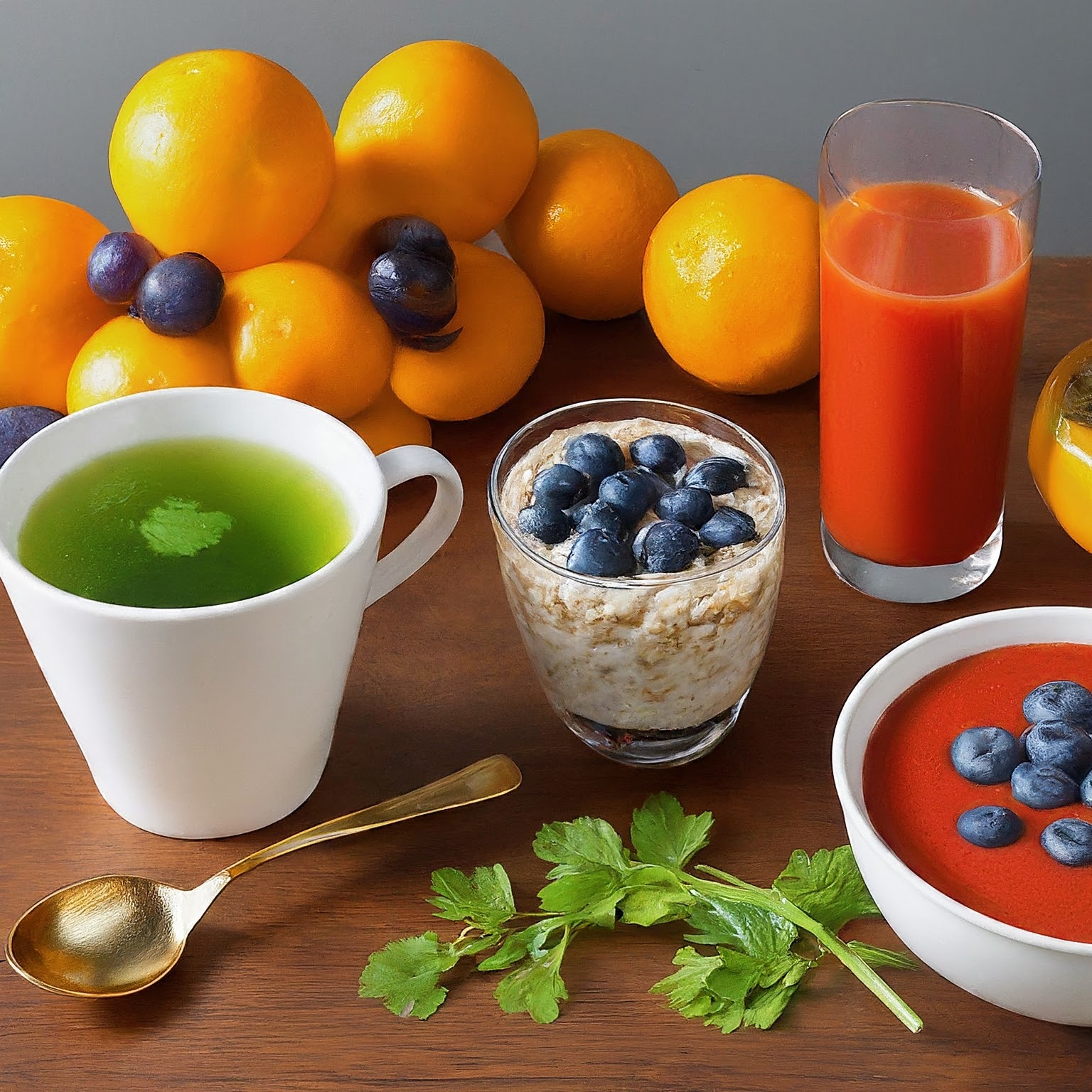Maintaining good kidney health is vital for overall well-being. One crucial factor that influences kidney function and urinary health is the level of uric acid in the body. Uric acid, a waste product formed during the breakdown of purines, can accumulate and lead to various health issues, including kidney stones and gout. Surprisingly, something as simple as water intake can play a significant role in regulating uric acid levels. In this article, we delve into the connection between water intake and uric acid and explore how staying hydrated can promote kidney health.
Kidney Health: How Water Intake Affects Uric Acid Levels in the Body

Understanding Uric Acid: Before we delve into the impact of water intake, let’s first understand uric acid. When purines break down in the body, uric acid is formed. Normally, the kidneys filter out uric acid, and it is excreted through urine. However, when the kidneys are not functioning optimally or the body produces excessive uric acid, it can accumulate, leading to hyperuricemia. Elevated uric acid levels can contribute to the formation of kidney stones and trigger gout attacks.
The Role of Water: Adequate water intake is crucial for maintaining kidney health and preventing the buildup of uric acid. Here’s how it works:
- Dilution of Uric Acid: Drinking an ample amount of water helps dilute uric acid in the urine, reducing its concentration. This dilution decreases the risk of uric acid crystallization and the formation of kidney stones.
- Enhanced Urine Flow: Proper hydration promotes increased urine production and flow. This helps flush out uric acid and other waste products from the body, reducing their concentration and minimizing the risk of kidney stone formation.
- Optimal Kidney Function: Water plays a pivotal role in supporting optimal kidney function. Well-hydrated kidneys can effectively filter waste products, including uric acid, and maintain a healthy balance in the body. Insufficient water intake can burden the kidneys and impair their ability to eliminate uric acid efficiently.
Must read : Ear Piercings and Your Health: What You Need to Know
Tips for Staying Hydrated and Promoting Kidney Health: To maintain proper hydration and support kidney health, consider the following tips:
- Drink Ample Water: Aim to drink at least 8 cups (64 ounces) of water per day. Increase your intake during hot weather or when engaging in strenuous activities.
- Monitor Urine Color: Pay attention to the color of your urine. Ideally, it should be light yellow or clear. Dark-colored urine indicates dehydration and insufficient water intake.
- Limit Alcohol and Sugary Beverages: Alcohol and sugary drinks can dehydrate the body. Limit their consumption and opt for water as your primary beverage.
- Incorporate Water-Rich Foods: Include water-rich fruits and vegetables in your diet, such as cucumbers, watermelons, strawberries, and lettuce. These foods not only provide hydration but also offer essential nutrients.
- Spread Water Intake Throughout the Day: Instead of consuming a large amount of water all at once, spread it out over the day. This allows for better absorption and utilization by the body.
Conclusion: Maintaining optimal kidney health is crucial for overall well-being, and the impact of water intake on uric acid levels should not be underestimated. By staying adequately hydrated, you can promote proper kidney function, dilute uric acid, and reduce the risk of kidney stones and gout attacks. Make it a habit to drink plenty of water throughout the day and incorporate water-rich foods into your diet. By taking these simple steps, you can safeguard your kidney health and enjoy a more balanced and vibrant life. Remember, water is not just essential for quenching your thirst; it’s a vital elixr for kidney health and overall wellness. Stay hydrated, and your kidneys will thank you!
Must read : Beyond Skin Deep: Unraveling the 5 Types of Psoriatic Arthritis










Leave a Reply